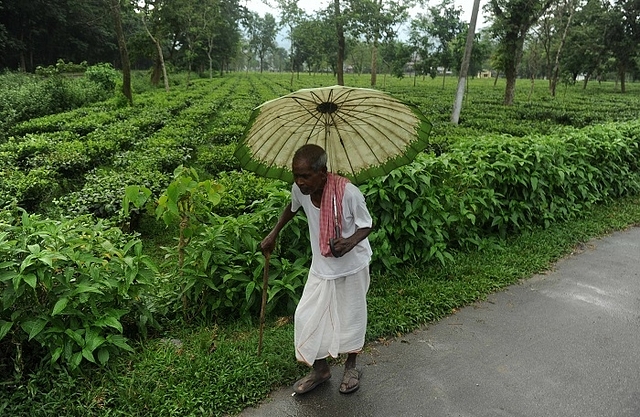
The Sorry State Of West Bengal's Tea Gardens
Narendra Modi government’s recent decision to take over seven tea gardens in Bengal has once again given credence to suggestions that he is not an ideologically invested practitioner of the ‘Minimum Government’ philosophy that he and his spin-doctors tried to portray him to be.
It has been clear for a while that Modi has a touching faith in the public sector and believes that Gujarat can be replicated all over India. But this is an impossible dream. And there seems to be some sort of dichotomy between his hopes for the overstaffed and slothful public sector, and all this Make in India, Skill India, StartUp India business. He cannot be everything to everybody.
However, coming to the specific issue of tea gardens takeover in Bengal, the reasons may be slightly more complex. The tea industry has been systematically destroyed by the owners over the last 20 years.It is North Bengal’s worst kept secret that much of the Dooars belt tea industry is, in fact, sick (The premium Darjeeling tea gardens are still doing relatively well).
The owners have not replanted any tea bushes (they need to be replanted every five years), have embezzled massive amounts of money from the companies, treated the labour like slaves, have taken away all their rights, in collusion with local politicians (especially the CPM).
And remember, Naxalbari is a town right in the centre of this territory. However at present it’s a sleepy little town, and the last original Naxal leader from the area, Kanu Sanyal committed suicide some years back. Anyone who has travelled quite a bit in that area will testify that the prevailing conditions in the tea gardens are awful.
A one-time vibrant industry has been finished off, causing great human misery and wretchedness by a small bunch of businessmen in collusion with the local authorities. Any labour unrest was crushed by the CPM, and there is no reason to believe that Mamata has been any different.
The labour population is mostly tribal, and this is also the very region of Bengal which has seen the most massive illegal Bangladeshi influx. The owners have taken all the money out, sucked out everything , and are happily applying to Board for Industrial and Financial Reconstruction (BIFR). This region could be a possible powder keg.
Given this, one is not surprised that this move by the Central government has found a lot of support with the locals. The only point, of course, is that can the men from the Tea Board do anything to turn the gardens around, make them a profitable enterprise and then sell them back to private players?
It’ll be a very difficult task and will require very dedicated managerial expertise. The Tea Board or the West Bengal government should have got into serious action over this at least a decade ago. By now, the tea bushes would all be barren.